Search Hospitals

Heart transplantation
Heart transplantation is the replacement of a failing heart with a heart from a suitable donor.

Hematology
Hematology, also spelled haematology, is the branch of medicine concerned with the study of the cause, prognosis, treatment, and prevention of diseases related to blood.

HEPATOLOGY
Hepatology is the branch of medicine that incorporates the study of liver, gallbladder, biliary tree, and pancreas as well as management of their disorders.

High risk preganancy
A high-risk pregnancy is one of greater risk to the mother or her fetus than an uncomplicated pregnancy.

Hip Replacement Surgery
Hip replacement is a surgical procedure in which the hip joint is replaced by a prosthetic implant, that is, a hip prosthesis.

Human cytogenitics
Cytogenetics is a branch of genetics that is concerned with how the chromosomes relate to cell behaviour, particularly to their behaviour during mitosis and meiosis.
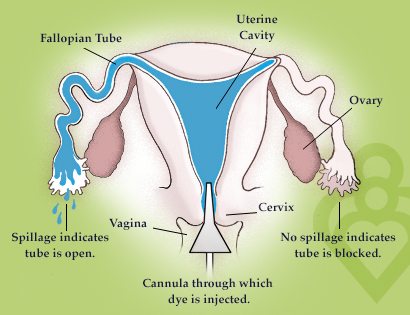
Hysterosalpingogram (HSG)
Radiologic procedure to investigate the shape of the uterine cavity and the shape and patency of the fallopian tubes.
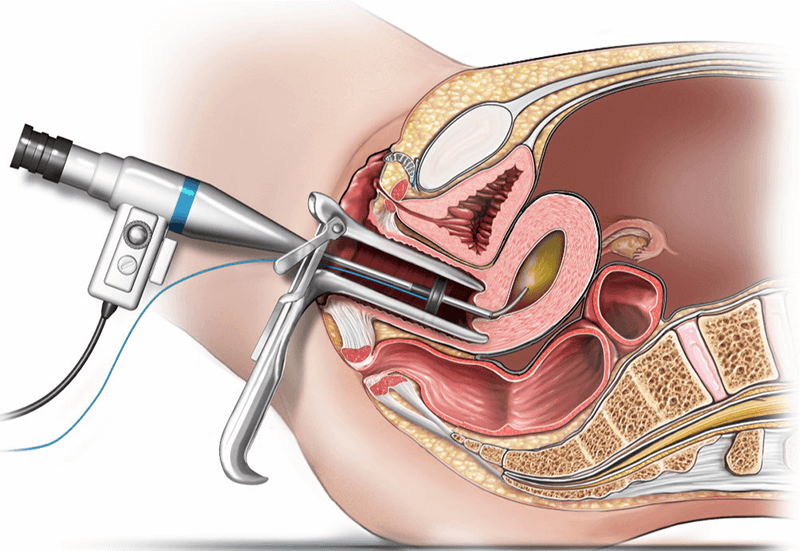
Hysteroscopy
Hysteroscopy is a procedure that allows your doctor to look inside your uterus in order to diagnose and treat causes of abnormal bleeding.

ICSI
Intracytoplasmic sperm injection is an in vitro fertilization procedure in which a single sperm cell is injected directly into the cytoplasm of an egg.

Infectious Diseases
Infectious diseases are disorders caused by organisms — such as bacteria, viruses, fungi or parasites.
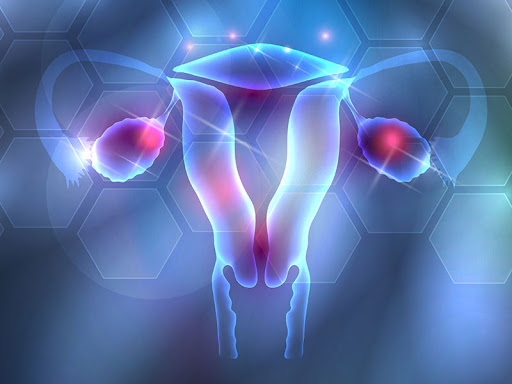
Infertility assessment
What is an infertility evaluation? An infertility evaluation includes exams and tests to try to find the reason why you and your partner have not become pregnant.

Intensive Care
Intensive care medicine, or critical care medicine, is a branch of medicine concerned with the diagnosis and management of life-threatening conditions that may require sophisticated life support and intensive monitoring.

Internal hemorrhoids
Internal hemorrhoids are deep inside the rectum and not visible from outside. They are normally painless.

Internal Medicine
Internal medicine or general medicine is the medical specialty dealing with the prevention, diagnosis, and treatment of adult diseases. Physicians specializing in internal medicine are called internists, or physicians in Commonwealth nations.

Invisible Braces
Invisible braces are a great alternative when you want to straighten your teeth without the discomfort of metal braces in your mouth.

IUI
Intrauterine Insemination (IUI) is a fertility treatment that involves placing sperm inside a woman's uterus to facilitate fertilization.
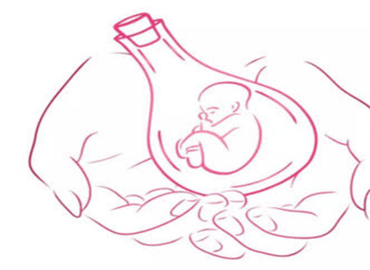
IVF & fertility
In-vitro-Fertilization (IVF) is a common infertility treatment. First the ovaries are stimulated to develop multiple follicles, within each one is an egg, by using “fertility drugs”. Ultrasound monitoring of follicle number and growth along with blood hormone levels determine when a single injection mature the eggs.
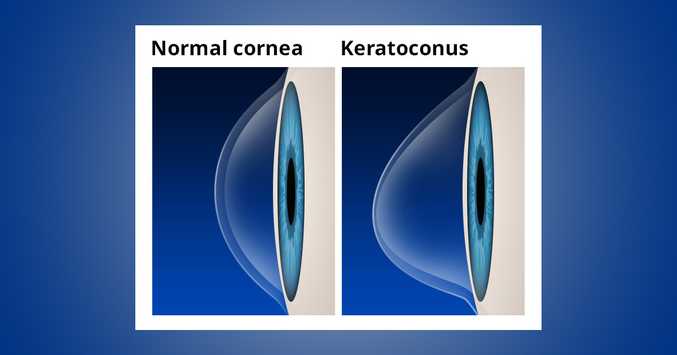
Keratoconus
A condition in which the clear tissue on the front of the eye (cornea) bulges outward.
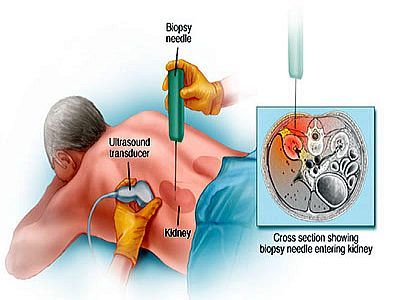
Kidney Biopsy
A kidney biopsy involves taking one or more tiny pieces (samples) of your kidney to look at with special microscopes.

Kidney or Renal transplant
A kidney transplant is a surgical procedure to place a healthy kidney from a living or deceased donor into a person whose kidneys no longer function properly.

Kidney transplant
A kidney transplant is a surgical procedure to place a healthy kidney from a living or deceased donor into a person whose kidneys no longer function properly.

Knee Replacement
Knee replacement, also known as knee arthroplasty, is a surgical procedure to replace the weight-bearing surfaces of the knee joint to relieve pain and disability. It is most commonly performed for osteoarthritis, and also for other knee diseases such as rheumatoid arthritis and psoriatic arthritis.

Knee replacement surgery
Knee replacement, also known as knee arthroplasty, is a surgical procedure to replace the weight-bearing surfaces of the knee joint to relieve pain and disability.

Laparoscopy
Laparoscopy invented by George Kelling in 1901, in Germany, is an operation performed in the abdomen or pelvis using small incisions with the aid of a camera. The laparoscope aids diagnosis or therapeutic interventions with a few small cuts in the abdomen.
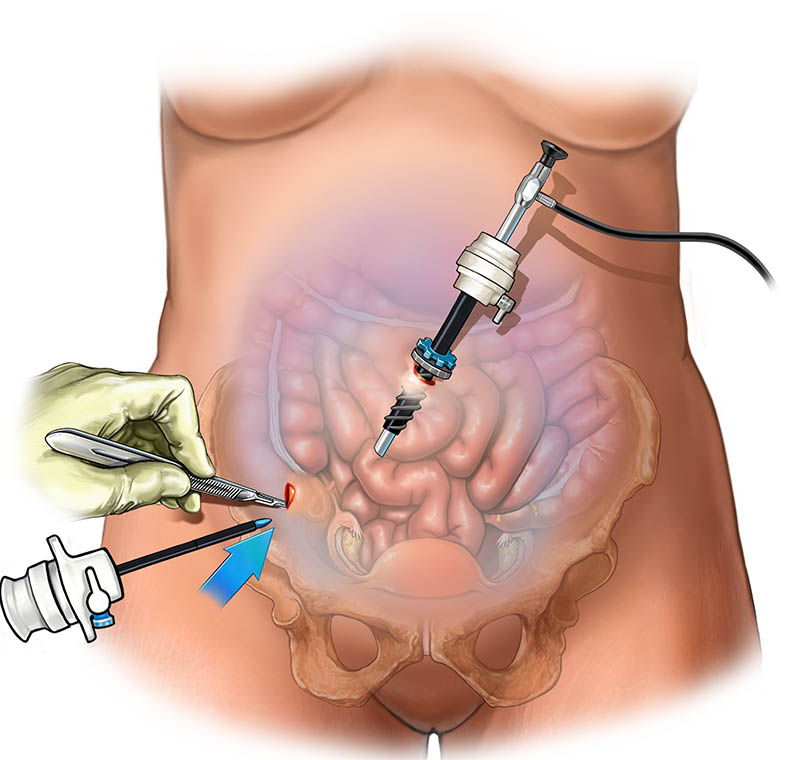
Laproscopy
Laparoscopy, also known as diagnostic laparoscopy, is a surgical diagnostic procedure used to examine the organs inside the abdomen.

Lasik Surgery
LASIK or Lasik, commonly referred to as laser eye surgery or laser vision correction

Liver Sciences
Liver Science impacts directly on patient care by elucidating mechanisms of liver damage

Liver Transplant
A liver transplant is a surgical procedure that removes a liver that no longer functions properly (liver failure) and replaces it with a healthy liver from a living or deceased donor.
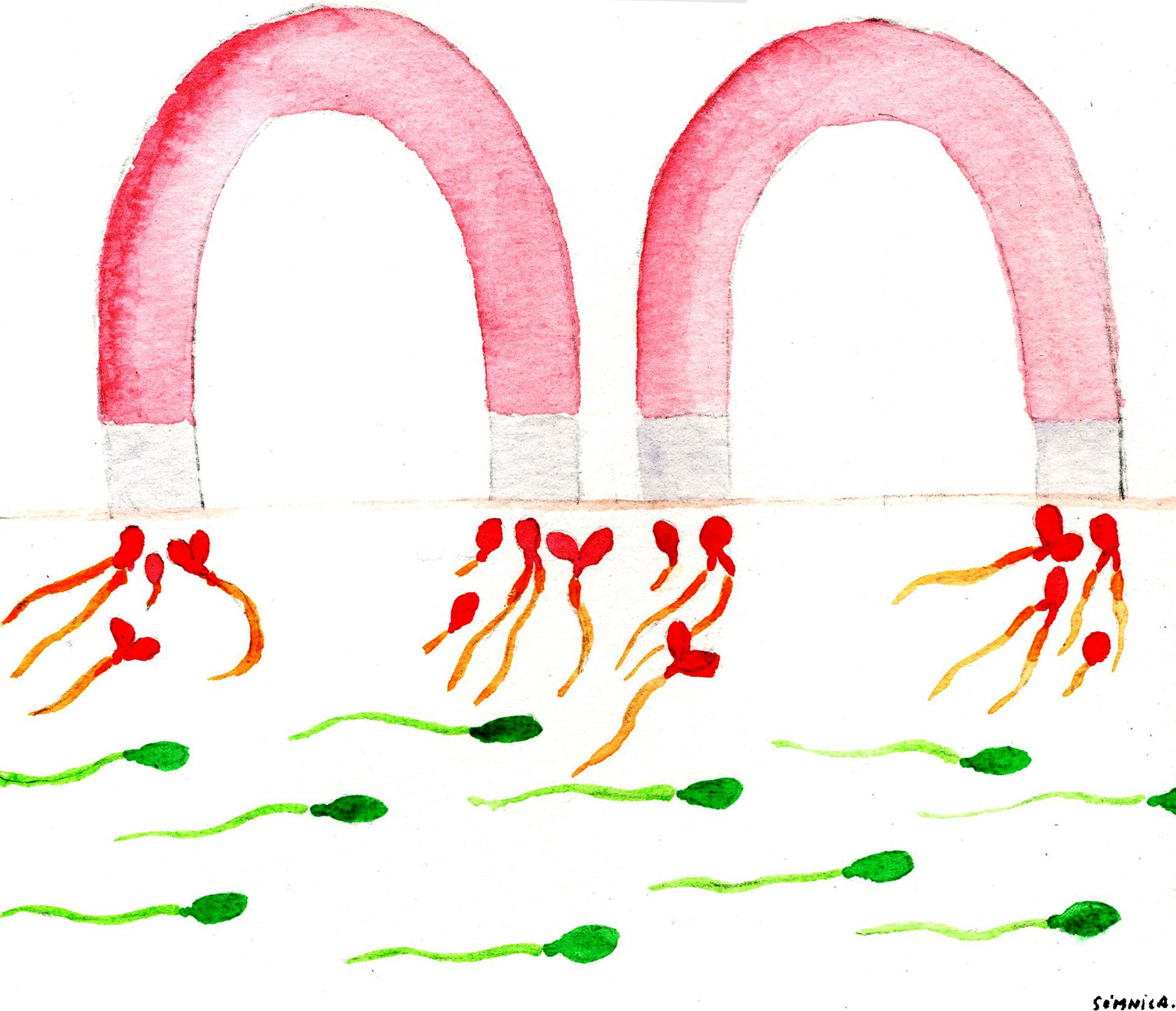
Magnetic Activated Cell Screening (MACS)
Magnetic Activated Cell Sorting (MACS) is a semen preparation technique that isolates healthy sperms from the ones which are on the verge of death (apoptosis).

Maternity
A maternity hospital specializes in caring for women during pregnancy and childbirth. It also provides care for newborn infants, and may act as a centre for clinical training in midwifery and obstetrics.